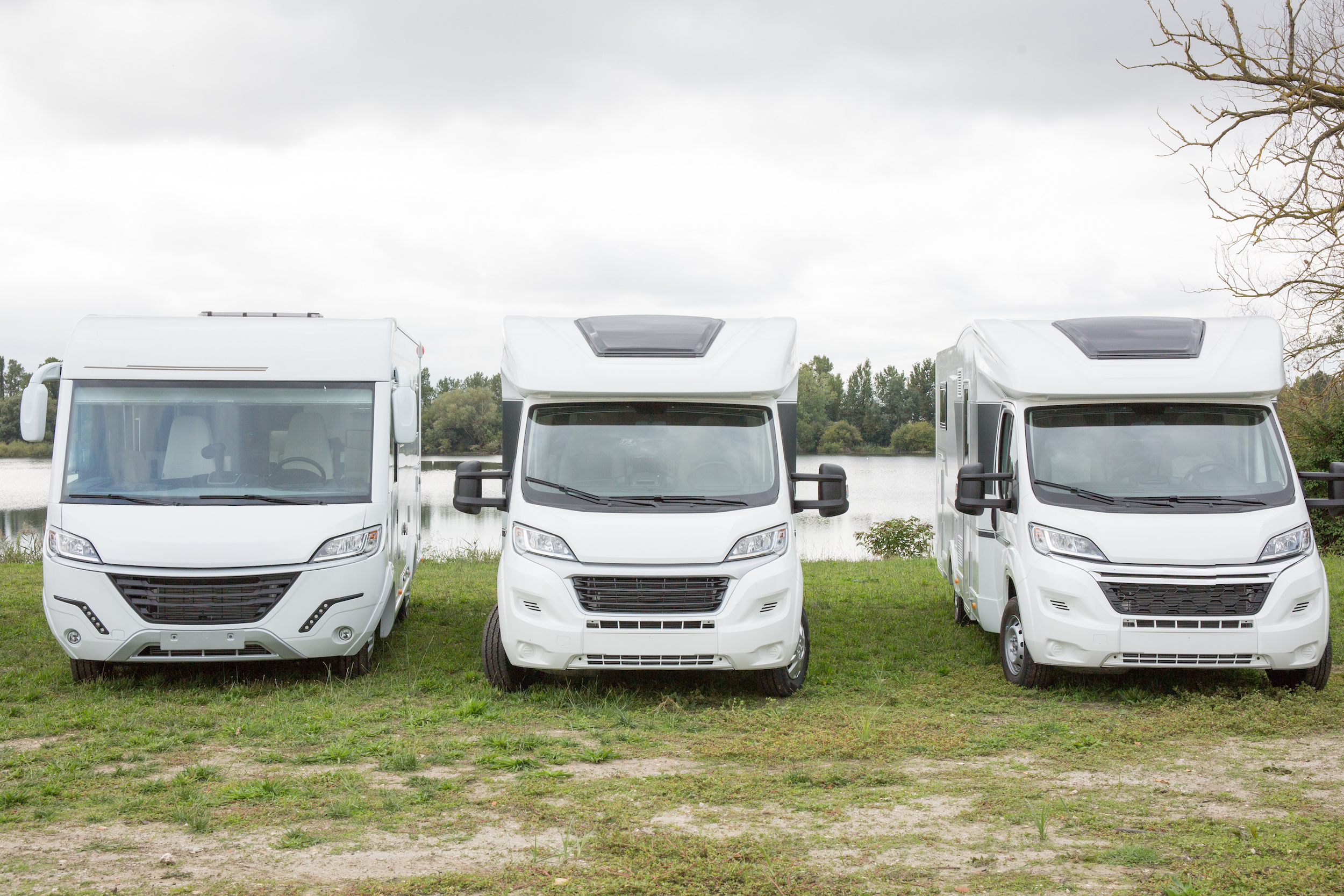So you are a nature lover and enjoy the serene life camping provides, but are not sure if buying an RV is the right move for you. Should you stick with your usual tent camping or renting the small cabins at the campgrounds?
There are definitely things to consider before buying an RV and I want to break them down for you.
1. Take Your Time
Buying an RV is a big financial purchase (even when you buy used). Really take time to research and weigh the pros and cons. Are you really going to use the camper enough to offset the cost of buying it and maintaining it. Don’t just purchase based off of appearance. Look into the quality as well.
2. Ask Fellow RVers
Do you know someone who owns an RV? Get their advice. What companies do they like? What are the pros and cons for them? Do they have any regrets in their decision to purchase an RV? And if you cannot find anyone who already owns an RV, search online for RV groups. Here are two groups that I highly recommend…RV-Ask Anything and Fulltime Families.
3. Negotiate the Price
If you are buying new, there are many things to consider. Here is a great article discussing the real cost of financing an RV. But if you do decide to buy new, then we recommend offering 30% below MSRP. The cost of your RV will depreciate the minute you drive it off the lot.
4. RVs (Even New) Can Come With Problems
The way the trailer factory workers operate today is with a “The more we build, the bigger our paycheck” mentality. How do we know this? Because we have several family and friends in the industry. It is a fast paced environment and the workers are even pushed for productivity by management.
5. Repairs are Expensive
Water leaks are one of the most expensive repairs. It is essential to make sure seals and checked every 3-6 months and repaired if needed. Most of the time if you need work done, shops are booked out and then have your RV for weeks to months at a time.
6. RV Storage
This is often something that many people do not consider before purchasing a camper, but where are you going to store it for the winter? It is ideal to store it out of the weather elements to help keep tires good and avoid potential leaks or damage from tree limbs. Many people live in the cities with nowhere to store the RV for the winter, which then adds cost for RV Storage.
7. The Cost of Camping
Another thing to consider is the cost of camping. In general, RV campsites can cost between $25 and $80 per night depending on the location, with the average being $45/night for a full hook up. You also have the cost of gas to haul or drive your RV to where you are going.
There have been many times where we have gone tent camping and realized we would rather have a camper. But campers are not for everyone.
I am not trying to discourage you from buying a camper but simply wanting to help you understand the additional costs and things to consider before you do. Camping is one of our favorite adventures to have with our children and we have created many memories over the years. I hope this was helpful and please share any additional thoughts in the comments below.
Happy Camping!
